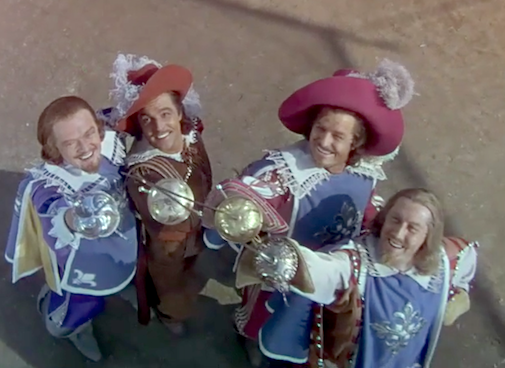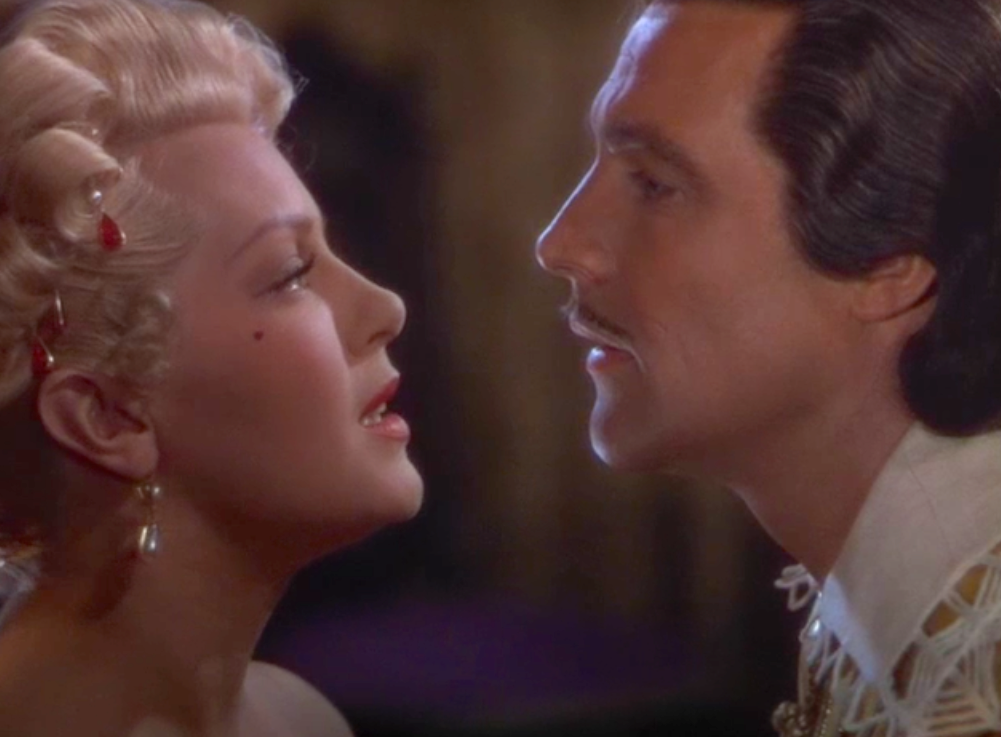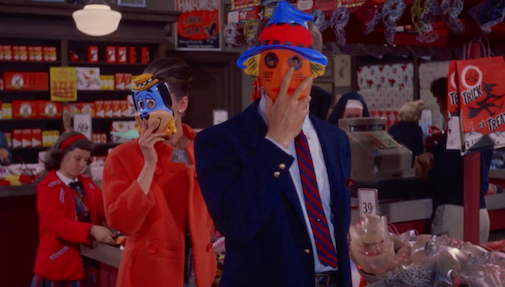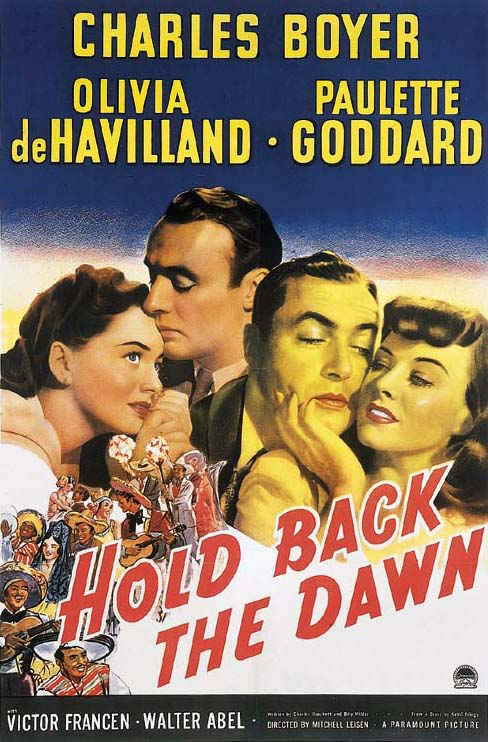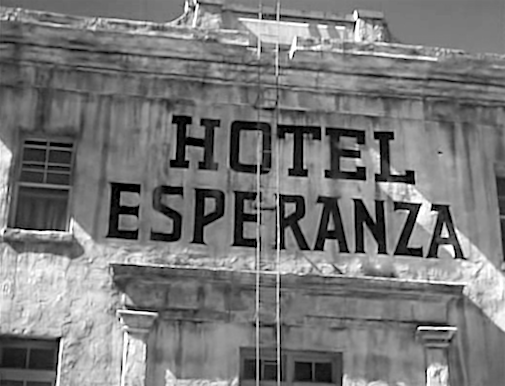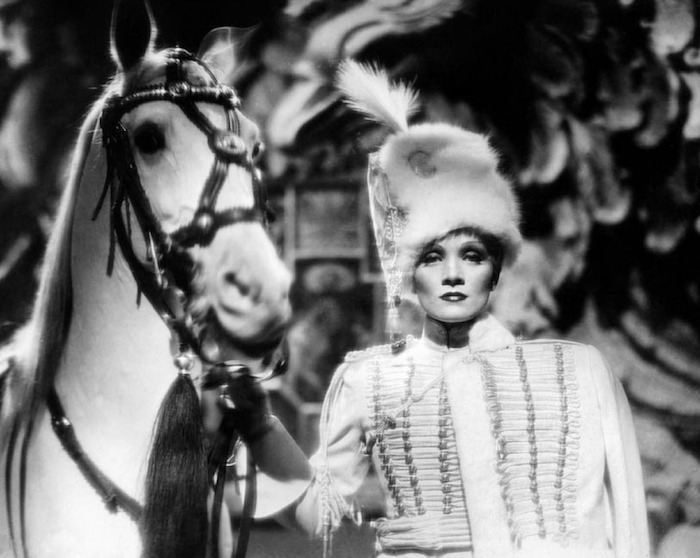The Furniture: Designing Dignity in "How Green Was My Valley"
 Monday, October 24, 2016 at 10:48AM
Monday, October 24, 2016 at 10:48AM "The Furniture" our weekly series on Production Design. Here's Daniel Walber
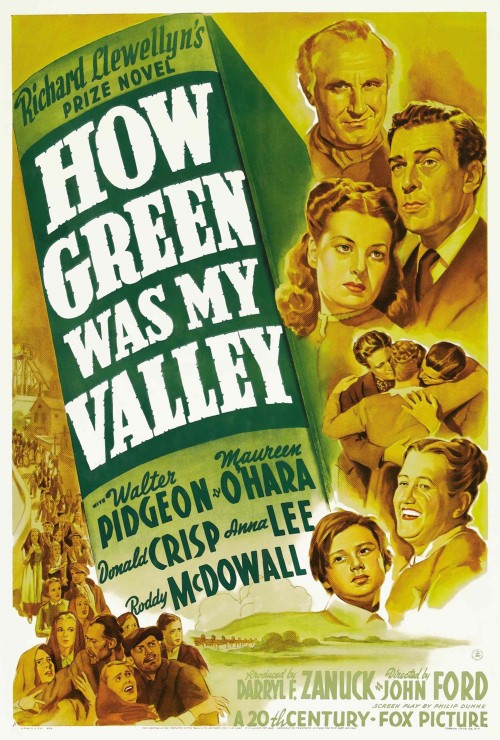 Filmmaking is often an art borne of flexibility. Tim Burton built Sleepy Hollow from scratch when he couldn’t find just the right town in the real world. Vincente Minnelli was forced to make Brigadoon indoors in Hollywood, because the studio wouldn’t pay for an expensive production in Scotland. Both films are likely better for it, too.
Filmmaking is often an art borne of flexibility. Tim Burton built Sleepy Hollow from scratch when he couldn’t find just the right town in the real world. Vincente Minnelli was forced to make Brigadoon indoors in Hollywood, because the studio wouldn’t pay for an expensive production in Scotland. Both films are likely better for it, too.
The same is perhaps true for How Green Was My Valley, which premiered 75 years ago this week. John Ford wanted to make shoot it on location in Wales, but World War II intervened. Instead, the production team built an entire mining town in the Santa Monica Mountains. This condensed and idealized version of the setting of Richard Llewellyn’s 1939 novel is among the most emotionally resonant sets of its era.
The film won five Academy Awards, including Best Picture and Best Art Direction.
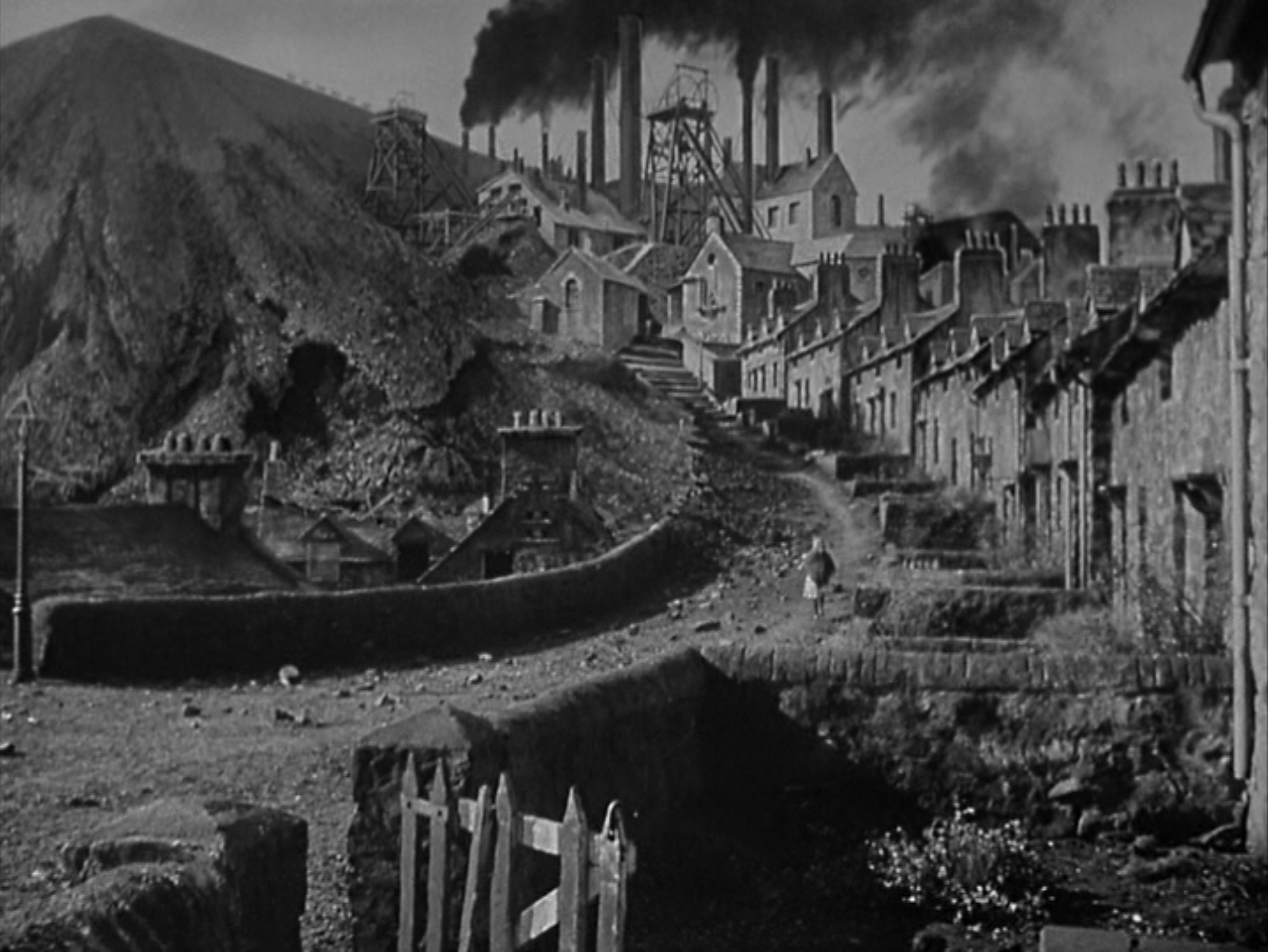
The design team consisted of Richard Day, Nathan H. Juran and Thomas Little, no stranger to Oscar success. They based their village on Gilfach Goch, a quintessential Welsh mining town, but they dramatically reduced the size and jammed the houses much closer to the colliery...



